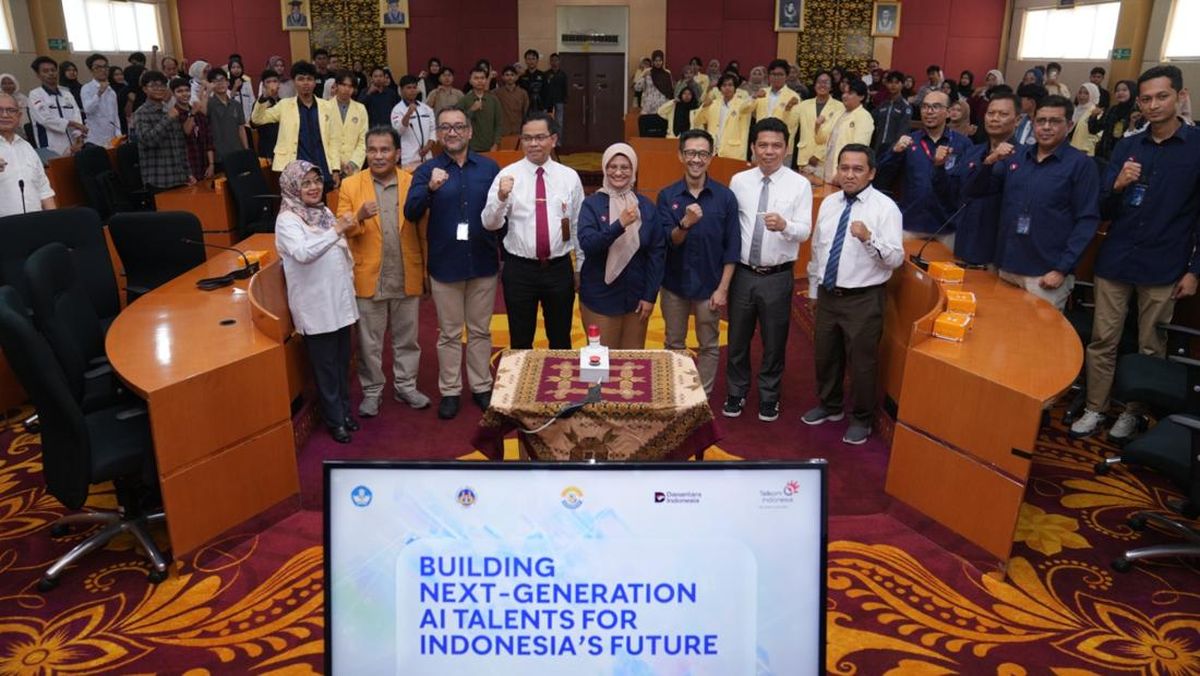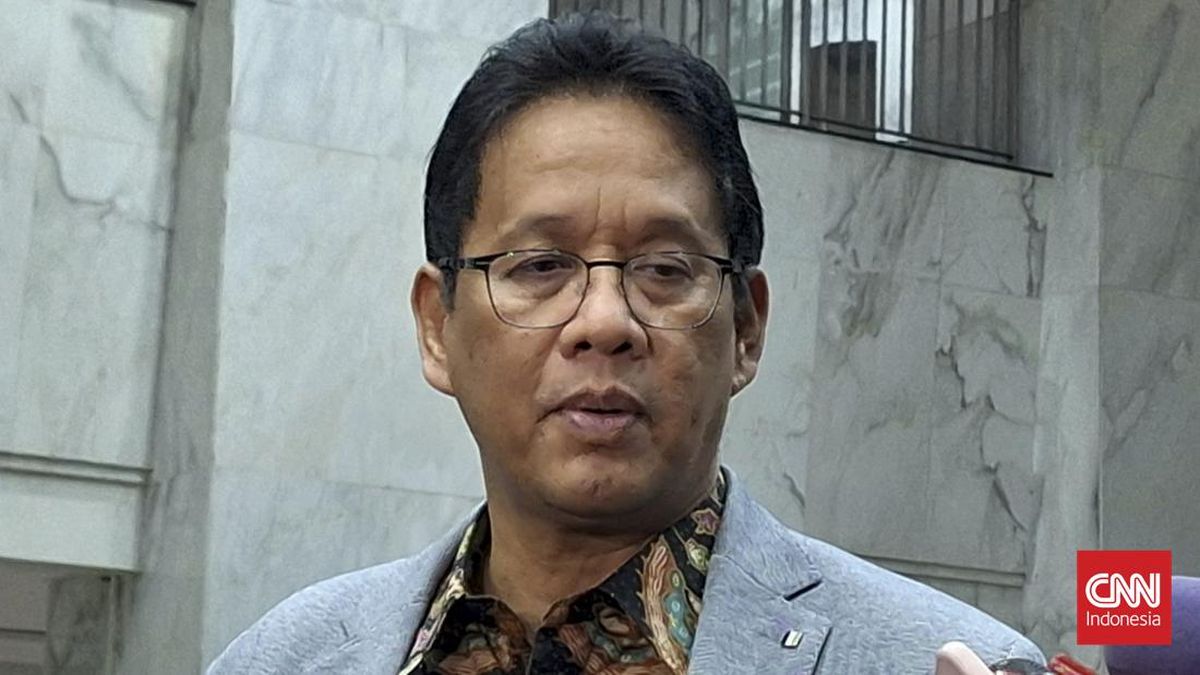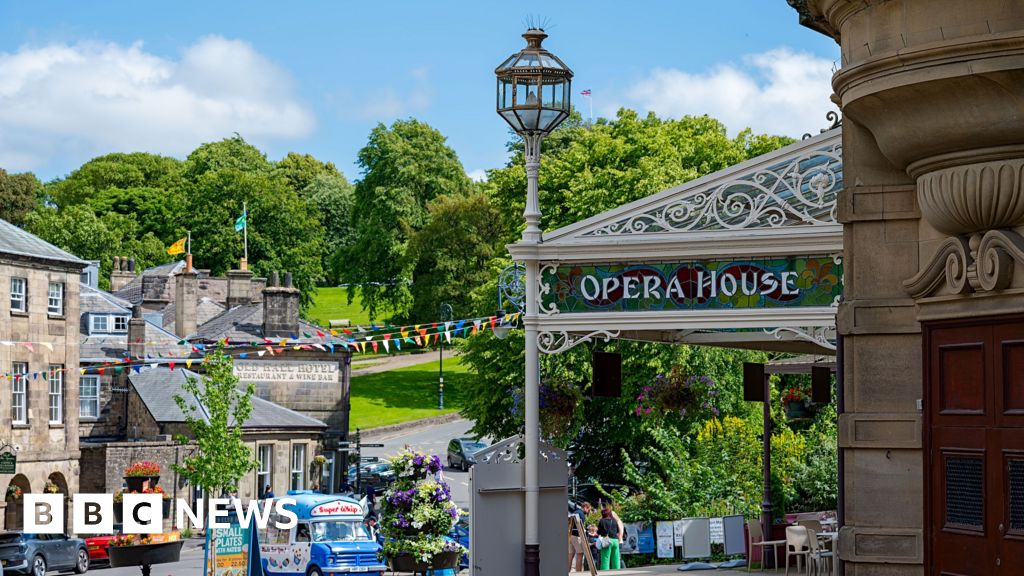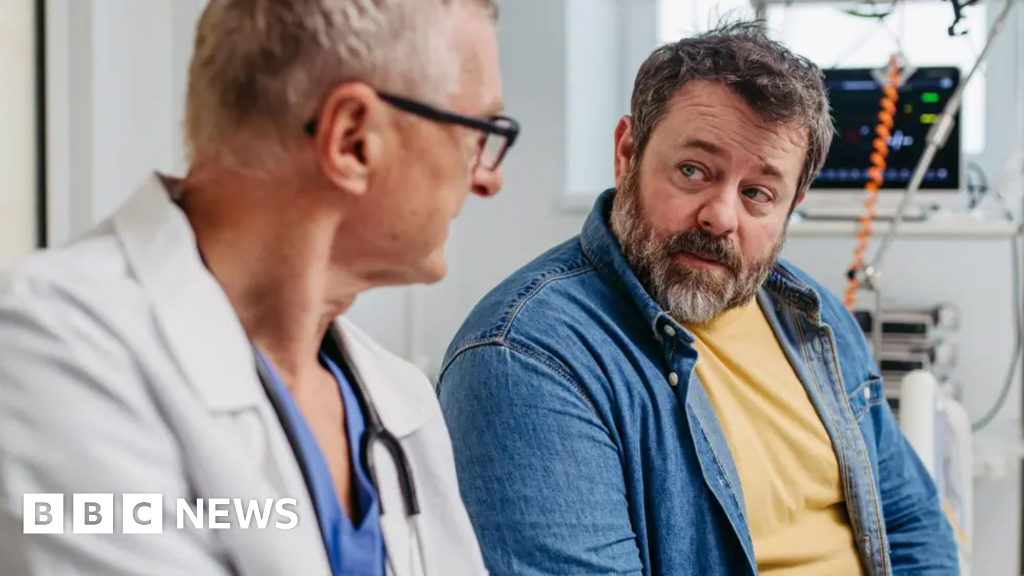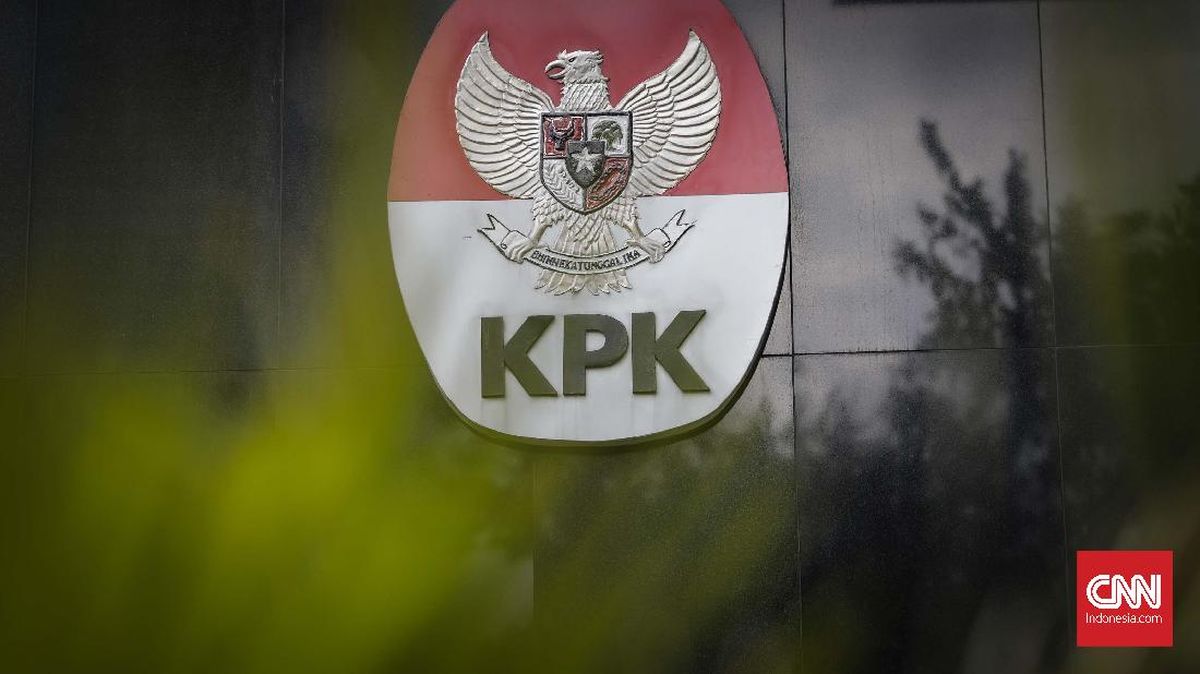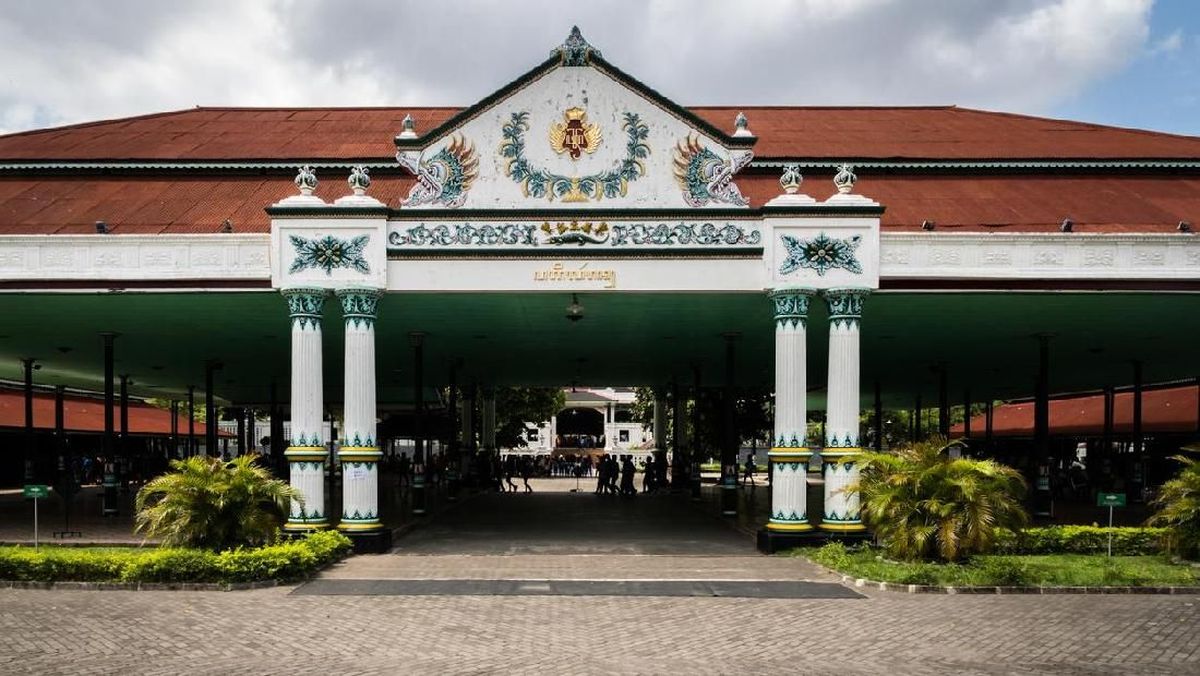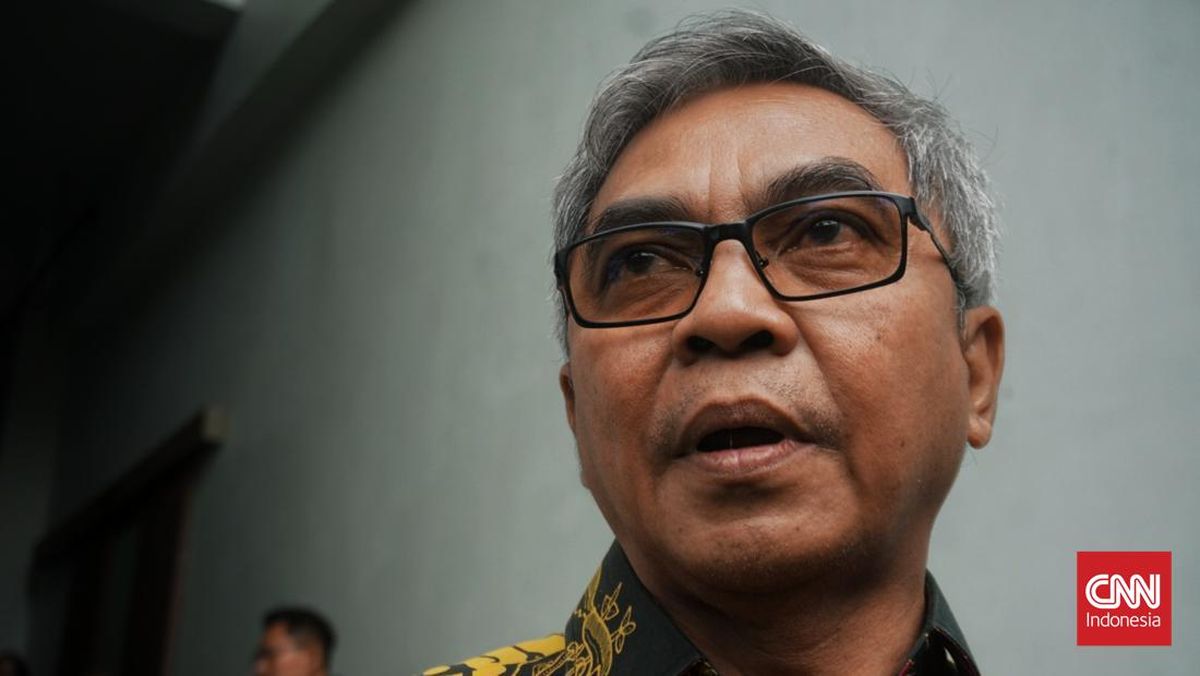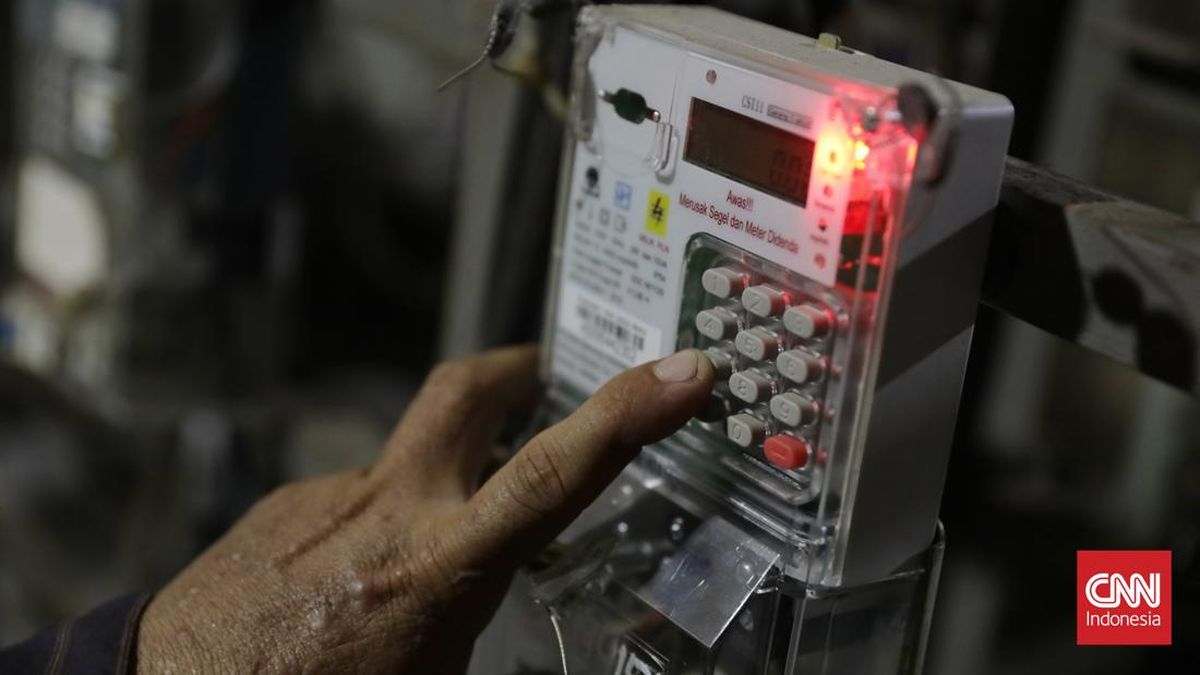The Queensland government acted unlawfully and did not follow proper procedures when enforcing a ban on gender-affirming treatment for children with gender dysphoria earlier this year, a court has ruled.
In a decision handed down in Brisbane’s Supreme Court on Tuesday, Judge Peter Callaghan ruled in favour of the parent of a transgender teenager who challenged the legality of the government’s directive in court last week, effectively overruling the government’s ban on gender-affirming care.

Queensland’s ban on puberty blockers and hormone therapy was unlawful, a court has ruled. Credit: Matt Dennien
Counsel acting for the parent, who cannot be named for legal reasons, claimed the health service directive to ban puberty blockers and hormone therapy for children, announced on January 28 by Queensland Health’s director-general Dr David Rosengren, did not fulfil consultation requirements and was enforced “at the direction or behest” of Health Minister Tim Nicholls.
Under section 48 of the Hospital and Health Boards Act 2011, the director-general must consult with a service when developing an applicable health service directive.
Callaghan noted the only evidence of lawfully required consultation on the directive consisted of a Microsoft Teams meeting that lasted 22 minutes.
An email sent on January 27 showed the director-general planned to issue a memo at 10.30am – half an hour after the consultation meeting – formally announcing the ban.
Loading
While the meeting was taking place, Nicholls held a press conference formally announcing the ban on gender-affirming treatments and a review into gender services throughout Queensland.
Callaghan said while there was “no one definition” of consultation that would apply to every case, under the act, there was “one indispensable requirement” that consultation would form part of the process of “developing” a directive, rather than something that occurred after the terms of a directive had already been developed.
“There are no doubt many ways in which ‘consultation’ might fit into such a process, but whatever they were, they had to involve meaningful opportunity for the services to contribute to the process by which the working parts of the directive came into existence,” Callaghan said.
“The 10am meeting, however, had every hallmark of an occasion convened for the respondent to announce that the directive was ‘what is going to be done’.”
Shortly after the decision was handed down, Nicholls said he would consider responding by issuing his own ministerial directive banning new young patients from accessing gender-affirming care.
The health minister described the judgment as one that went to “procedural reasons” and did not criticise the merit of the directive, which bans new patients accessing the services until a review due to give its findings to government next month.
“As parents, as communities, as a state, we owe it to children to ensure care is grounded on solid evidence, and we act with caution,” Nicholls told parliament.
“And it was on those principles, at the forefront of its mind, that the government has … previously communicated that decision.”
Greens MP Michael Berkman, whose question on notice brought the merits of the consultation to light, said the LNP “must stop its program of political interference”.
“Governments of all stripes should take this as a warning: you are not above the law,” he said.
“Premier [David] Crisafulli’s cabinet overrode Queensland Health by directing it to ban gender-affirming healthcare for young people, after just 22 minutes of so-called ‘consultation’.
“Restricting trans healthcare was just a consolation prize for the ideological conservatives in the LNP who didn’t get their way on abortion.”
Most Viewed in National
Loading




